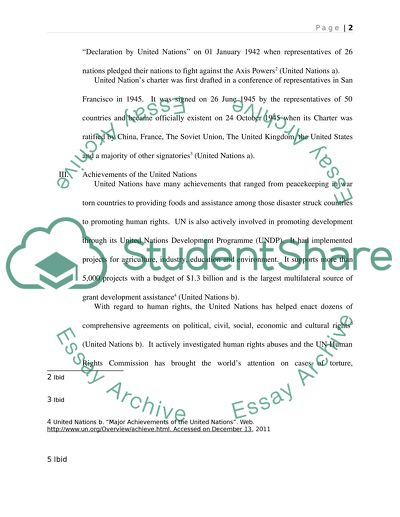Cite this document
(“Human rights Term Paper Example | Topics and Well Written Essays - 1750 words”, n.d.)
Retrieved from https://studentshare.org/history/1586623-human-rights
Retrieved from https://studentshare.org/history/1586623-human-rights
(Human Rights Term Paper Example | Topics and Well Written Essays - 1750 Words)
https://studentshare.org/history/1586623-human-rights.
https://studentshare.org/history/1586623-human-rights.
“Human Rights Term Paper Example | Topics and Well Written Essays - 1750 Words”, n.d. https://studentshare.org/history/1586623-human-rights.


